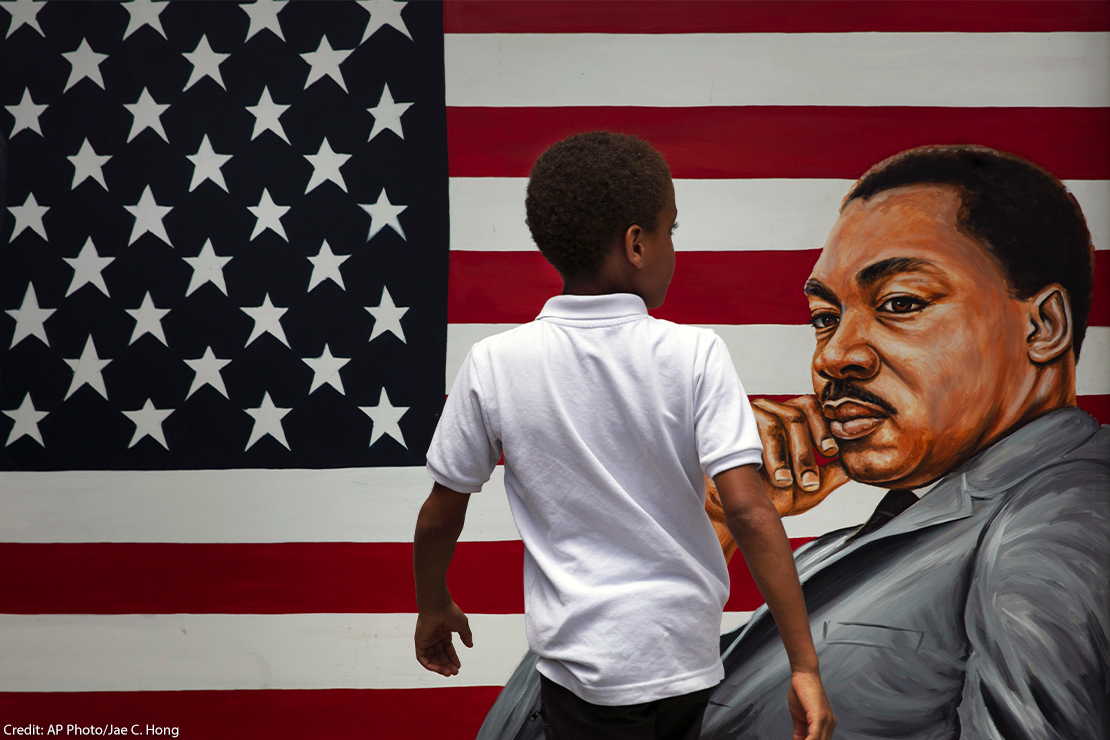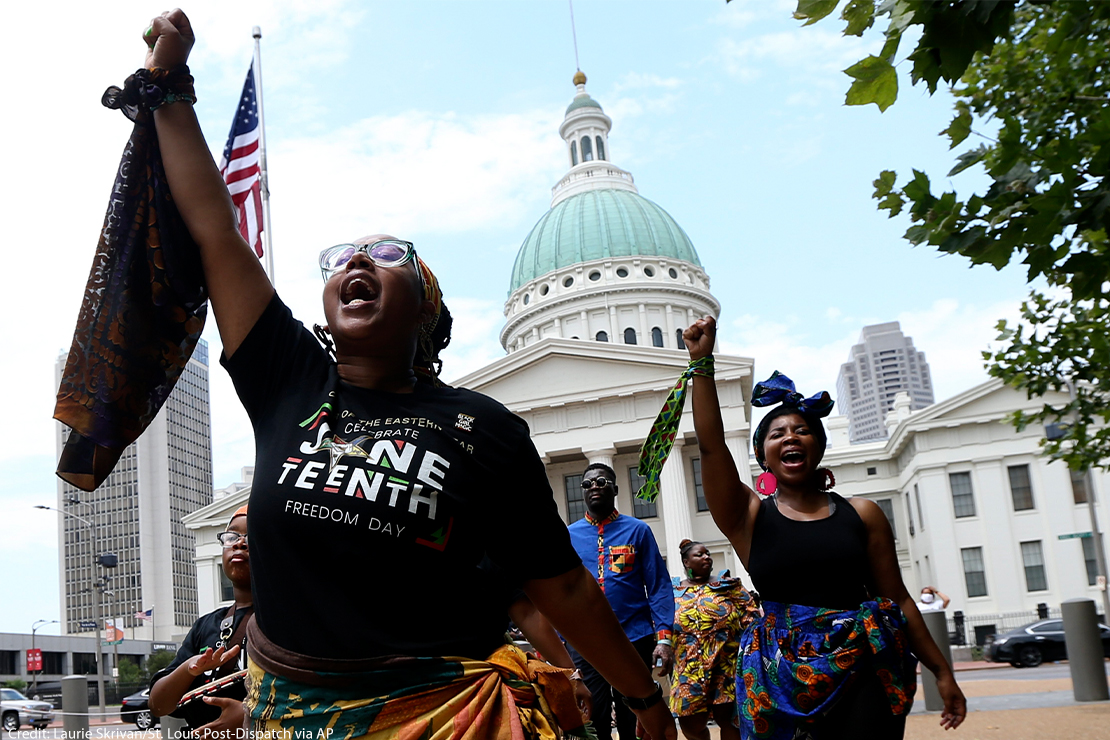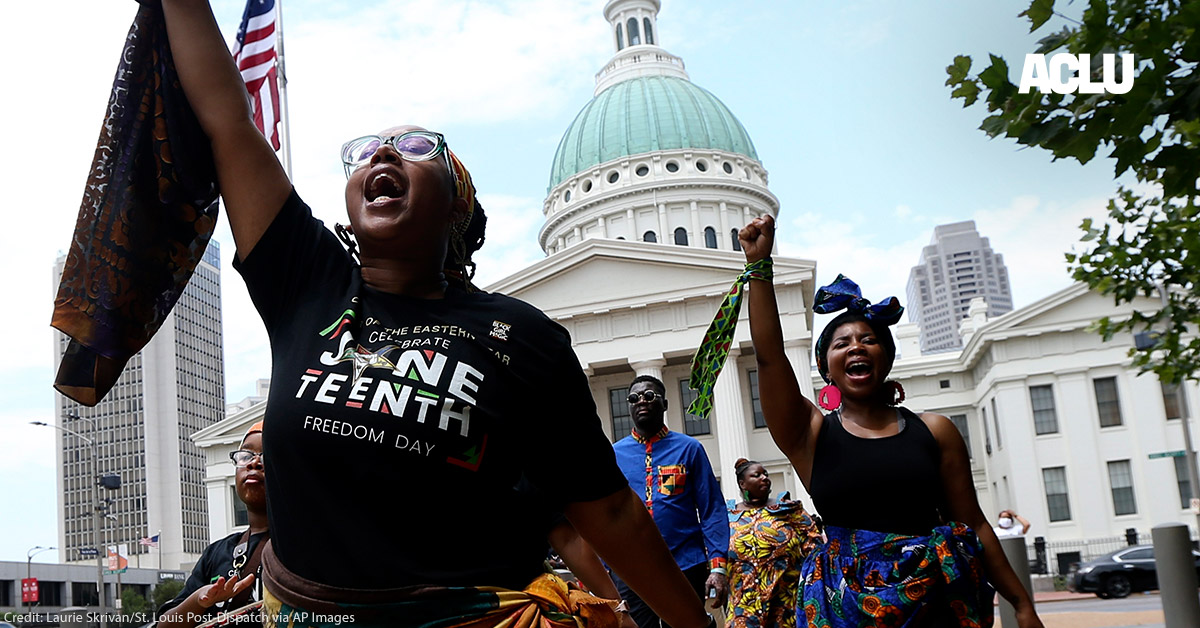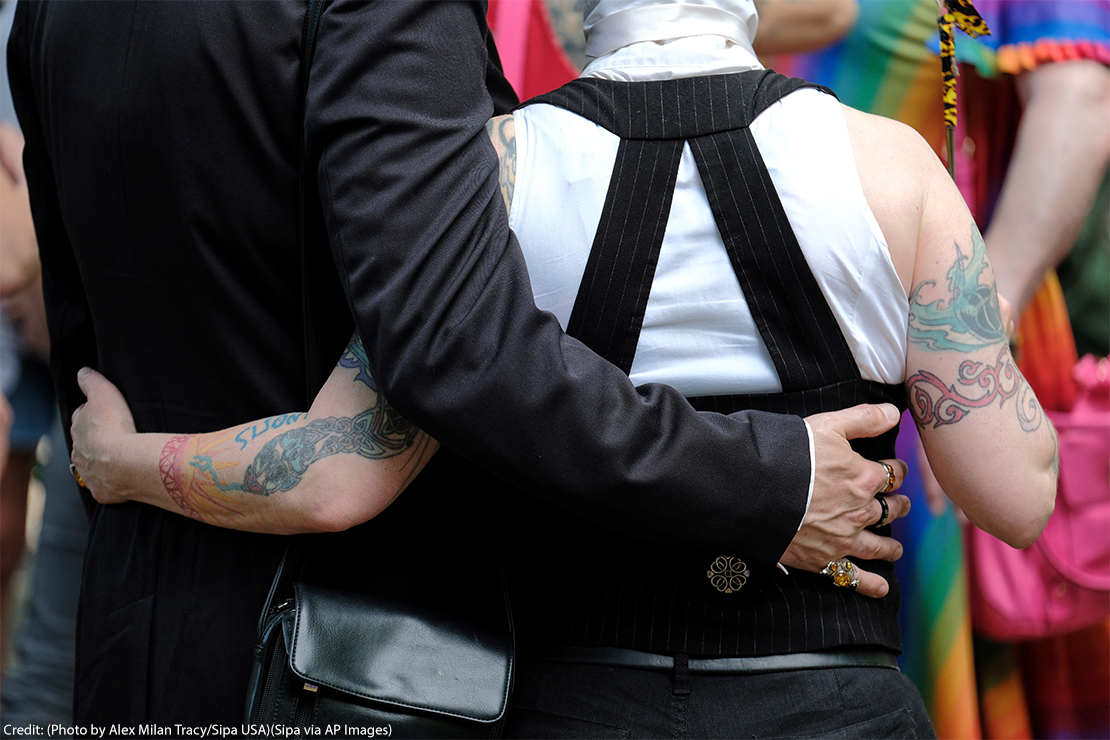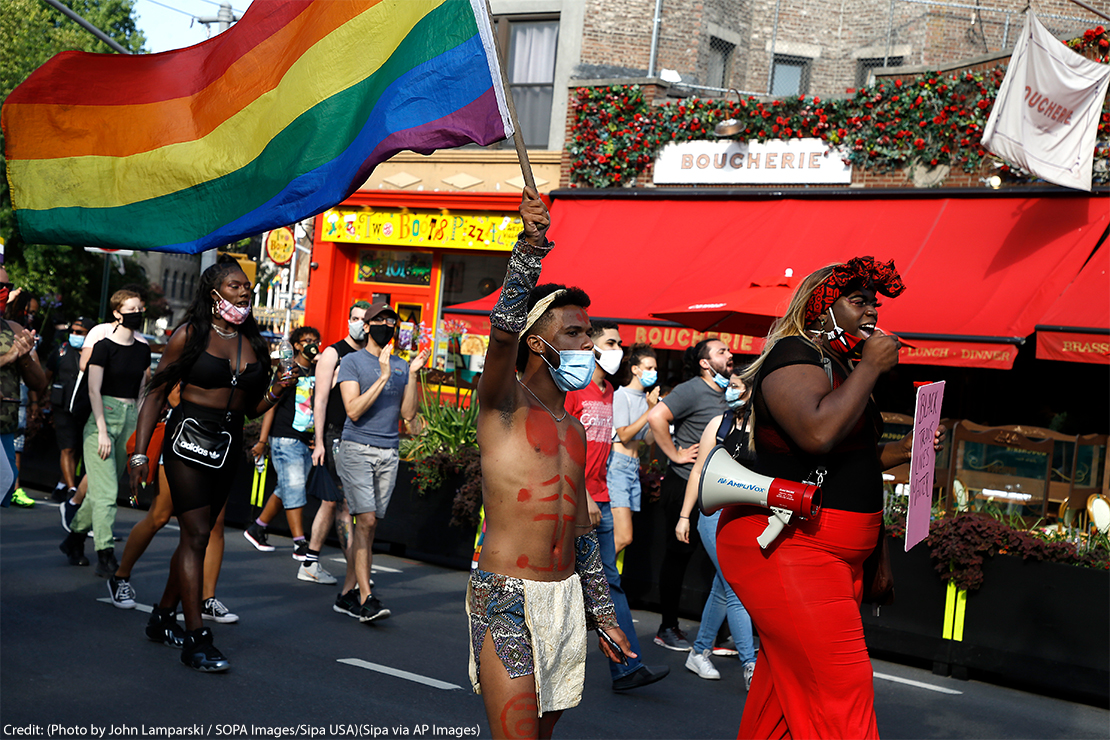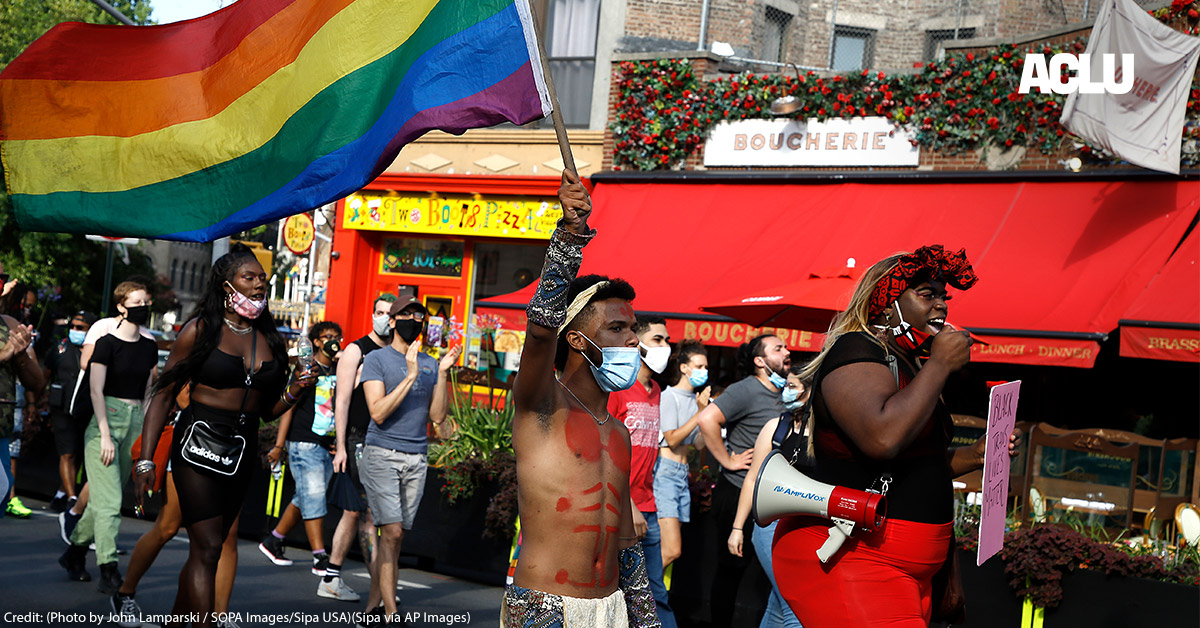Photo credit: www.ciphr.com
When Secretary of Transportation Pete Buttigieg said he would be taking time off from his cabinet position to spend time with his husband Chasten and his two new children, he was roundly mocked in both homophobic and misogynistic terms. The criticism came from people — mostly men — who falsely believe family leave and, by extension, child care are solely the province of women and inherently feminizing forms of labor.
But, as the secretary made clear in his response, raising a newborn is “joyful work. It’s wonderful work, but it’s definitely work.” Paternity leave helps fathers build a bond with their newborn and helps share the labor of child care more equally — all while, in households with parents of different genders, helping to reduce growing burnout and post-partum complications among new moms. Yet relatively few fathers take advantage of the guaranteed 12 weeks of unpaid family leave required by the Family and Medical Leave Act (FMLA), and those that do tend to take less time off than do mothers — just 5 percent of fathers have ever taken at least two weeks paid family leave. Universal paid family leave could help resolve this disparity.
The U.S. is the only country among its wealthy peers to fail to guarantee universal paid family leave. While a growing number of U.S. states have some form of paid leave program, the vast majority do not. And the small amount of unpaid leave guaranteed by the FMLA only covers a little more than half of all U.S. employees. Compare that to countries like Japan, Austria, Norway, or Poland, all of which all offer over a year of paid family leave. U.S. parents from low-income households — particularly Black and Latinx parents — are also much less likely to be able to afford to stop working for very long, as long as that leave is unpaid.
While some employers might offer paid family leave policies, they tend to be wealthier and larger employers: Overall, just 17 percent of workers in the U.S. have access to paid family leave. And even among those few companies that do offer paid leave, gender inequality persists. To be sure, workplace policies should offer time off for pregnancy complications or to recover from childbirth. But when it comes to parental or bonding leave, that must be available on an equal basis for men and women.
Yet, even while we’ve seen gains in this area in past years, some employers still have not gotten the memo. Some still officially offer more leave to mothers than to fathers. Others merely implement their policies in a biased way — which is what happened to our client, Derek Rotondo, whose employer told him he had to prove his wife was physically incapacitated in order to take primary caregiver leave for his newborn son. (We represented him in a class action lawsuit, which was later settled.)
Employers may think that offering more leave to moms supports women employees, but in the long run, it only feeds the presumption that it is women who will — or should — take responsibility for childcare, stymying their opportunities for workplace advancement. And it feeds stigma against dads who do want to take leave.
The consequences of these persistent inequalities in caregiving were all too apparent during the pandemic, which saw women — especially low-income women and women of color — disproportionately leaving the paid workforce to take on responsibility for remote schooling and fill other disruptions to childcare. In addition to the toll this has taken on families’ financial stability, the crisis has caused setbacks to workplace equality that it may take decades to overcome.
Universal paid family leave would help. Fathers who take paternity leave report stronger bonds and emotional connections with their children, performing not just the labor a newborn requires but sharing in the delight and promise of their early and formative months. But perhaps the biggest benefit shows up in mothers with partners who take paternity leave: reduced odds for serious health complications like postpartum depression and, according to one study, a 7 percent rise in their own income for each month of leave their child’s father takes.
Men report a fear of both social stigma and economic consequences as reasons they avoid paternity leave, but child care is a gender-neutral form of labor. Men are just as capable as women of providing the care required by a newborn and the benefits of doing so reach their entire household. Guaranteeing universal paid family leave could help reduce the sacrifices required of any parent, and fathers have a major role to play in making that dream a reality.
Date
Sunday, June 19, 2022 - 8:30amFeatured image


